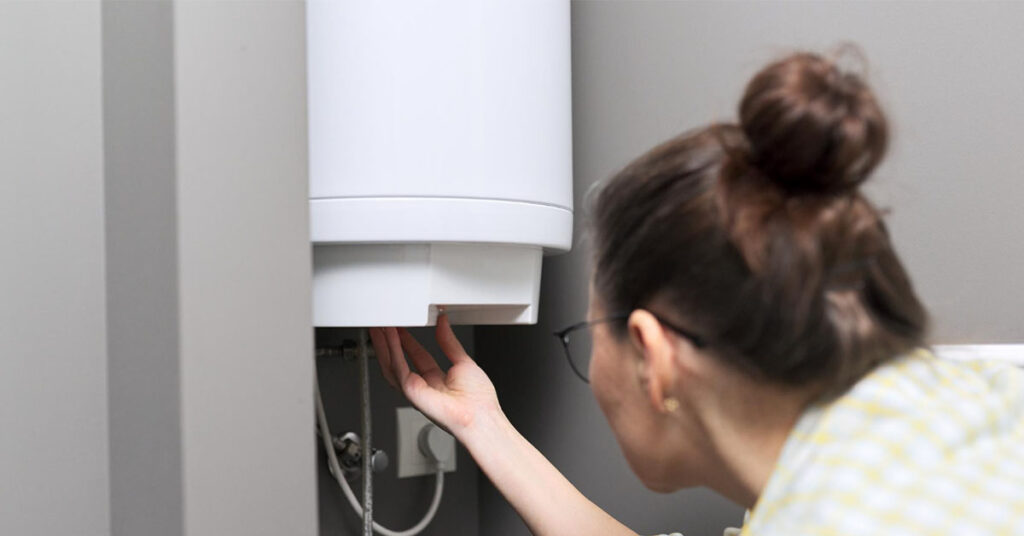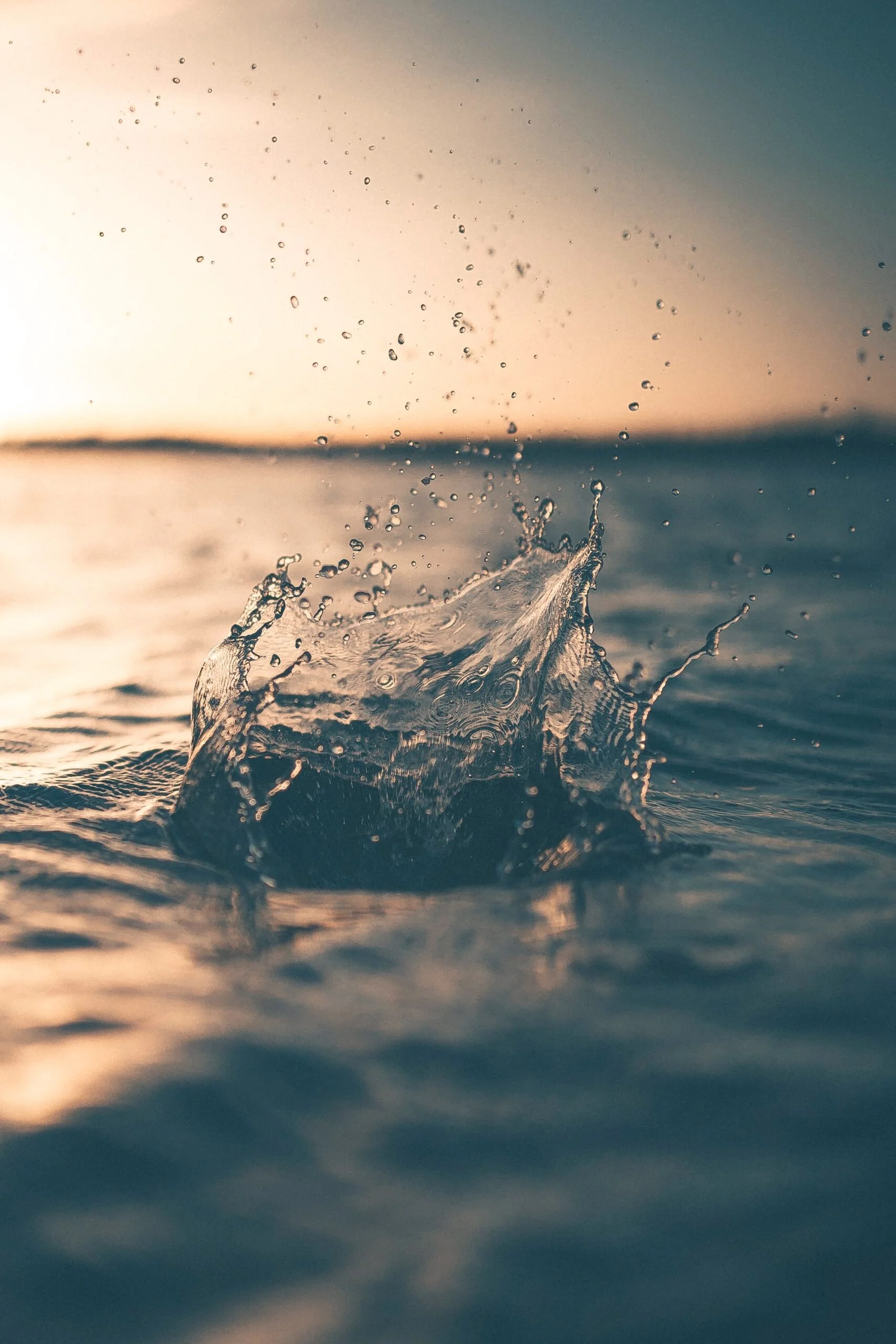Identifying the Leak
The first step in addressing a water heater leak is to identify the source of the problem. Start by visually inspecting the area around your water heater for any signs of water pooling or dripping. Common areas where leaks occur include the pressure relief valve, inlet and outlet connections, and the bottom of the tank.
Take note of the location and severity of the leak, as this will help you determine the best course of action.
Turning Off the Water Supply
Once you’ve identified the source of the leak, it’s important to turn off the water supply to your water heater to prevent further damage.
Locate the shut-off valve near the top of the tank and turn it clockwise until it’s fully closed. This will stop the flow of water to the tank and prevent additional water from leaking out.
Draining the Tank
With the water supply turned off, you’ll need to drain the remaining water from the tank to reduce the risk of further leaks and water damage. Connect a garden hose to the drain valve located near the bottom of the tank and run the other end to a drain or outside area where the water can safely discharge.
Open the drain valve and allow the water to flow out until the tank is empty.
Assessing the Damage
Once the tank is drained, take some time to assess the extent of the damage caused by the leak. Inspect the surrounding area for any signs of water damage, such as dampness, discoloration, or mold growth.
If the leak has been ongoing for some time, you may need to contact a professional water damage restoration company to assess and repair any structural damage.
Repairing or Replacing the Water Heater
Depending on the severity of the leak and the condition of your water heater, you may need to repair or replace the unit. Minor leaks caused by loose connections or a faulty pressure relief valve can often be repaired relatively easily by tightening connections or replacing the valve.
However, if the tank itself is damaged or corroded, you’ll likely need to replace the water heater altogether.
Preventing Future Leaks
Once your water heater is repaired or replaced, take steps to prevent future leaks from occurring. Schedule regular maintenance checks to inspect for any signs of corrosion or wear and tear, and replace any worn or damaged components as needed.
Consider installing a drip pan or leak detector near your water heater to alert you to any potential leaks before they cause significant damage.
Read More: Is A Noisy Water Heater Dangerous?
Conclusion
Dealing with a water heater leak can be a stressful experience, but by taking prompt action and following the steps outlined in this guide, you can minimize damage and find a solution to the problem. Remember to always prioritize safety when dealing with water heater leaks, and don’t hesitate to contact a professional plumber if you’re unsure how to proceed.
With the right approach, you can quickly resolve the issue and restore peace of mind in your home.


